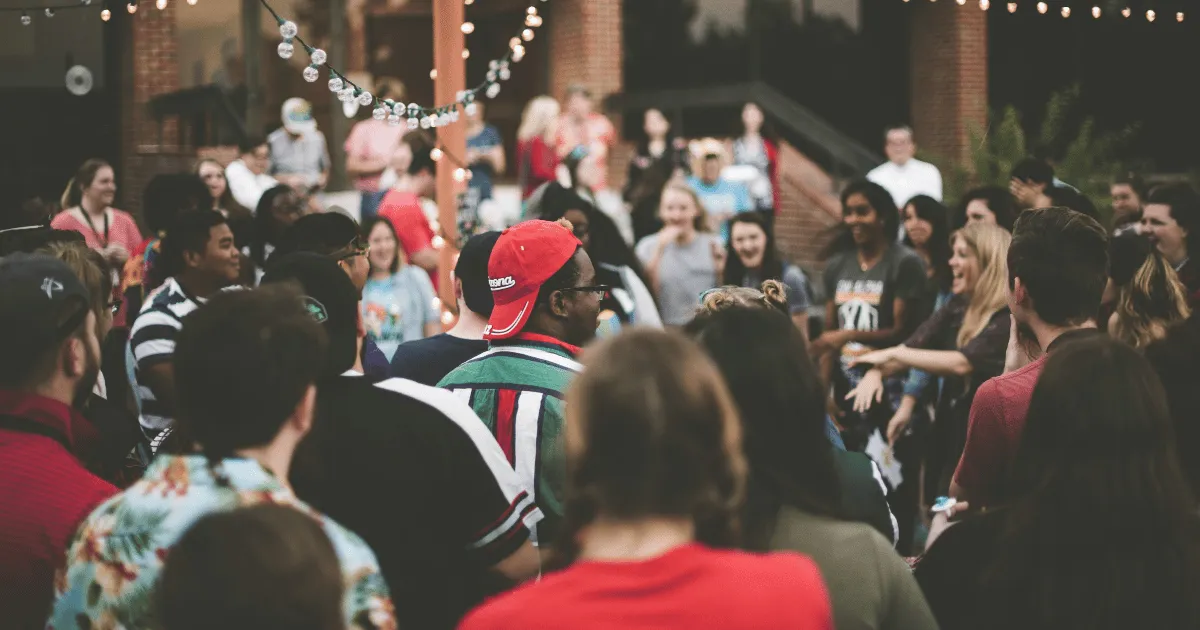
Happy Mother's Day Resisters!
Every year, people from all over the country take this day to honor the mothers in our community. Birth mothers, adoptive mothers, caretakers, neighborhood mothers, and mothers in prison.
In the United States, half of the women in prison and eighty percent of the women in jails are mothers. Most are the primary caretakers for their children. Six out of ten of these women haven't been convicted of crime, are awaiting trial and/or can't afford their bail.
Last year, local and national organizations posted over $600,000 in cash bail for 200 mothers all across the country under the banner of Black Love Bail Out. The movement to end cash bail and get mothers out of cages has influenced organizations all around the country to join in!
Here is what they have to say about the importance and impact of this work:
"Over the past couple of years, Sisters Unchained [a program of Young Abolitionists] has continued to speak up in favor of the Primary Caretakers Bill created and advocated by formerly incarcerated mothers in Boston. We have raised awareness about the bill and how incarceration perpetuates cycles of poverty, trauma, and violence in our families and communities
In April, 2018 this bill was signed by the Governor and is now law in Massachusetts thanks to the leadership and organizing of women directly affected by systems of policing and incarceration."
- Ayanna Aubourg, Young Abolitionists
"This year, nearly 1,000 women and girls will have to spend Mother's Day locked in York Correctional Institute, Connecticut's state prison for women, which is known for widespread medical neglect and sexual violence. They are mothers, caretakers, and survivors of violence. Our goal is to end the state violence that separates families and causes so much pain in our communities."
- Carolina Bortolleto, CT Students 4 a Dream
"We fight for mamas inside prison and fight to make sure no more mamas have to go to prison! We recently launched the Boston Participatory Defense Hub - a weekly space for people fighting criminal legal battles and their families. We support each other to get the best possible outcome for people who are being prosecuted.
We're currently organizing a listening tour to talk to 100 women from the most incarcerated neighborhoods in Boston through a participatory research process. We're collecting our stories and recommendations so we can use our lived experience and expertise to shape criminal punishment policy in our city and state."
- Mallory Hanora, Families for Justice as Healing
Challenging the Prison Industrial Complex is no small feat. Yet, the organizations and many others do this work every day, year after year.
As a mother of a beautiful toddler, I'll hold close the 120,000 mothers who won't be with their children on this day and the families impacted by their absence.
Kendra Hicks
Co-Director, Resist


